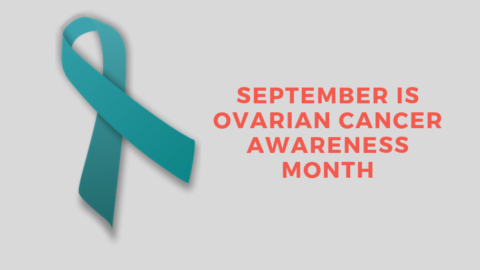First comprehensive analysis of higher education programs in school health teacher preparation
Washington, D.C. September 9, 2020 – The Society for Public Health Education (SOPHE) announces the publication of a comprehensive environmental scan of baccalaureate health education teacher preparation programs throughout the United States and the District of Columbia.
The scan of 386 public and private teacher preparation programs in health education and related areas provides important insights into curriculum, graduation requirements, and state certification required by today’s colleges and universities in preparing their K-12 health education teacher candidates.
The assessment, completed by evaluators at Wayne State University and conducted for CDC’s National Center for Chronic Disease Prevention and Health Promotion’s School Health Branch, analyzed majors in health education and physical education and minors in each specialty. Course requirements in seven key curriculum areas were assessed, including: nutrition education, physical activity, health education, chronic disease management, social emotional learning/mental health, drug abuse/tobacco prevention and methods in teaching health education.
Most university programs offering a stand-alone baccalaureate degree in health education required courses in health education (71%), physical education and physical activity (76%) and nutrition education (44%). Joint health education and physical education programs also had a significant amount of coursework across the school health content areas; however, many were lacking in the areas of chronic disease management, mental health, and alcohol and drug use prevention. Stand-alone physical education programs provided the least amount of required or elective courses across the seven content areas.
“The COVID-19 pandemic has renewed the urgency for comprehensive health education taught by qualified instructors to be delivered in K-12 classrooms,” says Elaine Auld, MPH, MCHES, SOPHE Chief Executive Officer. “Teachers must be adequately prepared to deliver effective health education so that students can develop the knowledge and skills needed to prevent infectious and other diseases, evaluate health information on the internet and social media, and make informed decisions to reduce their health risks.”
Undergraduate majors in education, including health education, have significantly declined over the past 50 years due to a variety of challenges. Many schools have eliminated health education or assigned it to teachers who lack formal school health education professional preparation. The environmental scan revealed, however, that states with a separate certification/endorsement for health education were the strongest in terms of required coursework in health education (73%), physical education and physical activity (70%), nutrition education (45%) and social emotional learning/mental health (40%).
The assessment also highlighted geographic pipelines for future health and physical education teachers. Seven states offer stand-alone health education programs, primarily in the Midwest and northeast, 15 states offer health and physical education combined programs, and 20 states offer physical education programs only. Several states, including populous states like California, train teachers in stand-alone physical education programs, with very little to no coursework in health education.
“This report provides a valuable analysis for university administrators, faculty, state education agencies, school boards, and other agencies and organizations who will want to assess how their requirements match up with other programs around the country, as well as young health education professionals selecting future academic programs,” says Holly Hunt, Chief of CDC’s School Health Branch. “The CDC’s School Health Branch stands ready to help strengthen teacher preparation programs as well as support teachers with a variety of CDC tools and technical assistance to help students maintain their health and achieve their academic goals.”
The complete “Environmental Scan of Teacher Health Education Preparation Programs 2020” is available at dev.sophe.org/professional-preparation/teacher-preparation/
# # #
About the CDC/SOPHE 1802 Cooperative Agreement
This project was supported by Cooperative Agreement Number NU38OT000315, funded by the National Center for Chronic Disease Prevention and Health Promotion, Division of Population Health, School Health Branch, from the Centers for Disease Control and Prevention. Contents are solely the responsibility of the authors and do not necessarily represent the official views of the Centers for Disease Control and Prevention or the Department of Health and Human Services.


